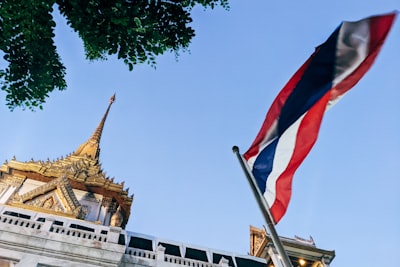Thailand stands at a familiar juncture: mounting speculation swirls around the possibility of another military coup. Decades of political volatility—12 successful coups since 1932—make this concern far from alarmist. As the country grapples with persistently fractured civilian governance, simmering royalist-military alliances, and deepening divisions between urban elites and rural voters, the specter of a takeover looms ever present.
Why Thailand’s Coup Threat Remains Uniquely Persistent
Thailand’s constitutional monarchy, revered by many, often finds itself at odds with efforts toward full civilian control. The military, positioning itself as guardian of order and stability, repeatedly intervenes during moments of perceived crisis. This has created a dangerous precedent—expectations that, when civilian leaders falter or polarize, the army will step in.
The ousting of Prime Minister Yingluck Shinawatra in 2014 and the controversial 2006 coup against her brother, Thaksin, underscore a pattern: electoral victories by populist parties rapidly translate into confrontation with powerful military and royalist establishments. Today, with the reformist Move Forward Party pressing for dramatic constitutional and monarchical reforms, the underlying tension is once again reaching a boiling point.
| Argument for Another Coup | Argument Against Another Coup |
|---|---|
| Protects monarchy/alleged order | Deepens instability |
| Breaks political deadlock | Reverses democratic progress |
| Supported by some royalists | Provokes international backlash |
Key Players and Dilemmas
- The Royal Thai Armed Forces, whose loyalty to palace interests often supersedes civilian directives.
- Young pro-democracy activists, galvanized by tech and social media, challenging long-standing taboos.
- Foreign investors and the tourism sector, wary of volatility but also fatigued by endless cycles of unrest and authoritarian resets.
What’s at Stake?
A coup would almost certainly further polarize society, erode hard-won democratic gains, and trigger both regional unease and diplomatic cooling. Yet a cycle of coups remains possible as long as deep institutional reforms are resisted. Thailand’s situation is not just about who governs next—it’s about rewriting the rules of governance itself. Smart observers will watch not just for troop deployments, but for signals from the monarchy, shifting urban alliances, and the international response.
This article was inspired by the headline: 'Is a Coup Coming Soon in Thailand? - Council on Foreign Relations'.

Comments
No comments yet. Be the first to comment!